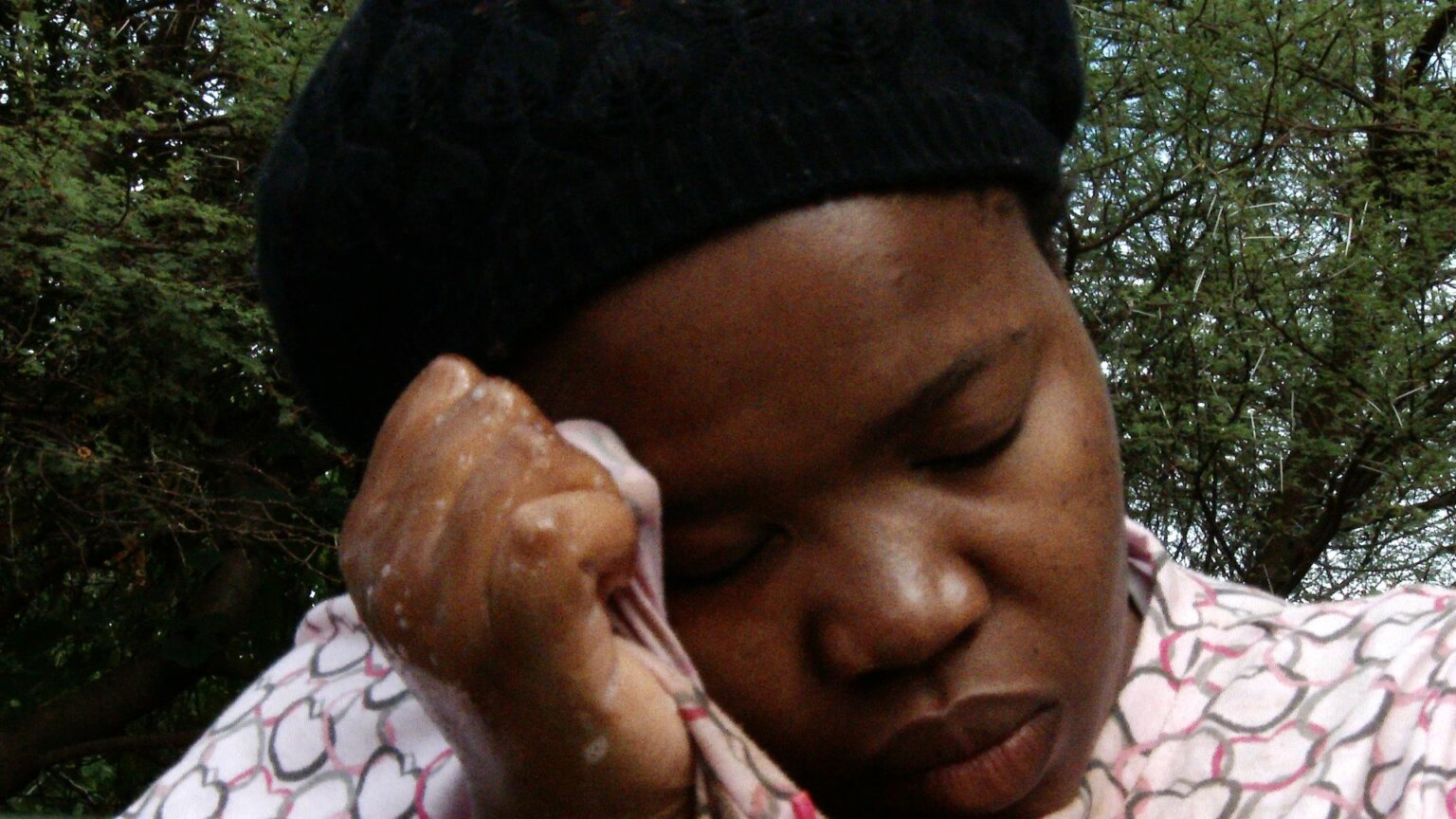- About
- Topics
- Picks
- Audio
- Story
- In-Depth
- Opinion
- News
- Donate
- Signup for our newsletterOur Editors' Best Picks.Send
Read, Debate: Engage.
| January 05, 2021 | |
|---|---|
| topic: | Women's rights |
| tags: | #empowerment of women, #women's rights, #land rights, #farming |
| located: | Botswana |
| by: | Cyril Zenda |
In September, President Mokgweetsi Masisi of Botswana honoured an earlier promise regarding the prime grievance that married women in the southern Africa nation had suffered: that the country’s land policy discriminated against them by not treating them as full citizens with full economic rights.
Until now, the country’s land policy excluded married women from owning land, only allowing them to do so indirectly through their spouses - a situation that left them exposed in the event of being widowed since local inheritance laws hadn't only excluded women, but actually treated them as part of a man’s estate.
Tshegofatso Mokibelo, a widowed 38-old financial analyst, said she had been denied land for residential use because her late husband's piece of land had been seized by his family.
“Women also have the right to own land,” Mokibelo told the media. “I was denied a plot because my husband owned one.”
It has all changed after President Masisi, who strongly believed that the country’s land policy - promulgated five years ago - was discriminatory to married women, amended the law to allow wives to own land independently of their spouses, or to co-own it with their husbands.
“The Botswana Land Policy (of) 2015 was discriminatory against married women and did not give them equal treatment with men, and I am happy to report that this discriminatory sub-section has since been repealed,” President Masisi said in an announcement of the amendment to the law.
The revised Land Policy gives every citizen an equal opportunity to own residential or agricultural land in areas of their choice on state or tribal land; this is a huge relief to women, a majority of whom eke out a living from the lands.
Previously, only unmarried women or wives of men who did not already own land were eligible for land rights. The discrimination left millions of married woman, widows and fatherless children without access to land.
Unmarried women could purchase land after the 2015 Land Policy was passed, but married women and widows had always experienced exclusion from this right. Additionally, husbands had the power to sell a property without consulting their wives, thereby depriving them access to land.
Because local customs have traditionally considered women to be their husband’s property, the deceased husband’s inheritance would usually pass down to a male relative, leaving the widow without any land to live or work on. Widows usually faced the threat of becoming social outcasts and typically had no choice but to be inherited by their dead husband’s relatives in order to get some form of security. Now that the changes in the law give women equal land ownership, widows are able to support themselves and remain independent.
The 2015 Land Policy, though flawed in the sense that it discriminated against married women and subsequently widows and their children, was a huge step forward in Botswana, a country in which until then women could not own land at all. Previous research had shown that traditionally, every male head of a household in Botswana was entitled to three pieces of land - for his homestead, crop cultivation and livestock grazing respectively. When the man died, his male children inherited his land. Women, regardless of their marital status and age, were regarded as perpetual minors who could not be allowed to acquire land or landed property on their own. They had to live with their parents, husbands or sons.
As an extra measure, President Masisi encouraged non-governmental organisations to teach women about their new rights. Women will also have access to legal support to assist them in securing their success as landowners. This additional project will ensure the enforcement of the amendment so that more women may benefit from it.
According to a government audit announced in Parliament in August, 53 percent of the 620,660 people on the government's land allocation waiting list are women. So difficult is land acquisition in Botswana that the waiting period on the waiting list ranges between 10 and 30 years.
“This amendment will allow women to be independent in marriages, and also have rights to land as any other person. We applaud this move,” said women rights activist Tunah Moalosi.
Although most African and Asian farmers are women, only about 15 percent of global farmland is owned by women, according to Landesa, a global land rights campaign.
In the Global South, land is considered the most fundamental resource to women’s living conditions, economic empowerment and, to some extent, their struggle for equity and equality. A majority of women in southern Africa are dependent on land for their livelihoods. Despite the importance of land to women in the sub-region, their land rights are still largely withheld.
A combination of statutory and customary laws favouring male ownership of property disadvantage women’s rights to own land. Women rights activists say that the traditional exclusion of women from property and land ownership on gender grounds is the most damaging global human rights violation experienced in many developing countries. Without rights to land, women’s economic and physical security is compromised.
“Botswana certainly has a long way to go with securing women’s rights, but protecting widows and granting wives equality to their husbands is a huge step in the right direction,” said the Borgen Project, a non-profit organisation fighting global poverty and hunger. “Botswana’s recognition of married women’s rights to own land promises further advancements in women’s rights. Because an agricultural-based country like Botswana gives women equal land ownership, it is certain to have an impact on inspiring global farmers.”
By copying the embed code below, you agree to adhere to our republishing guidelines.
